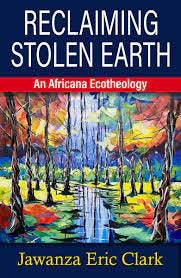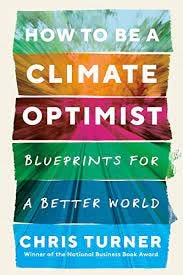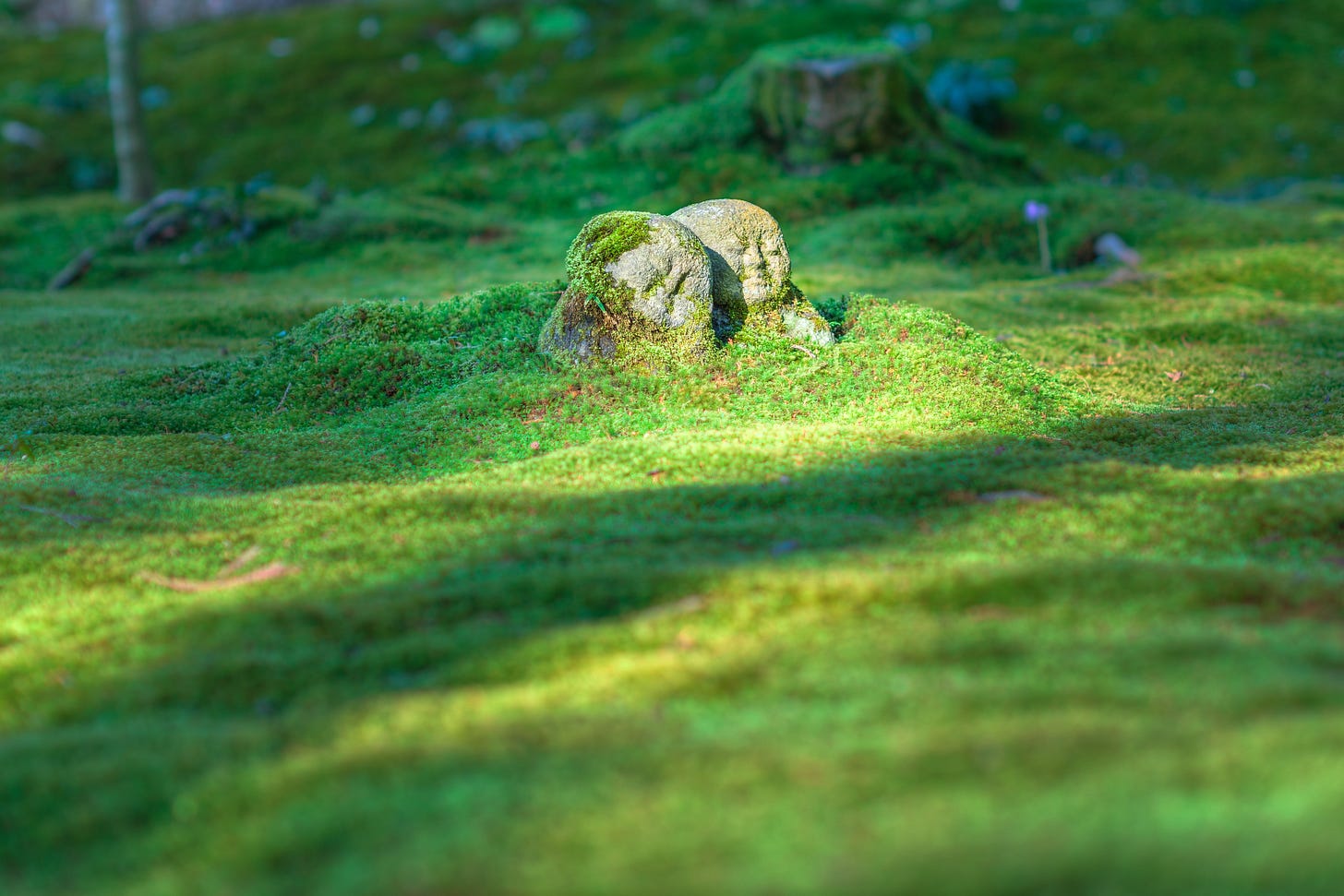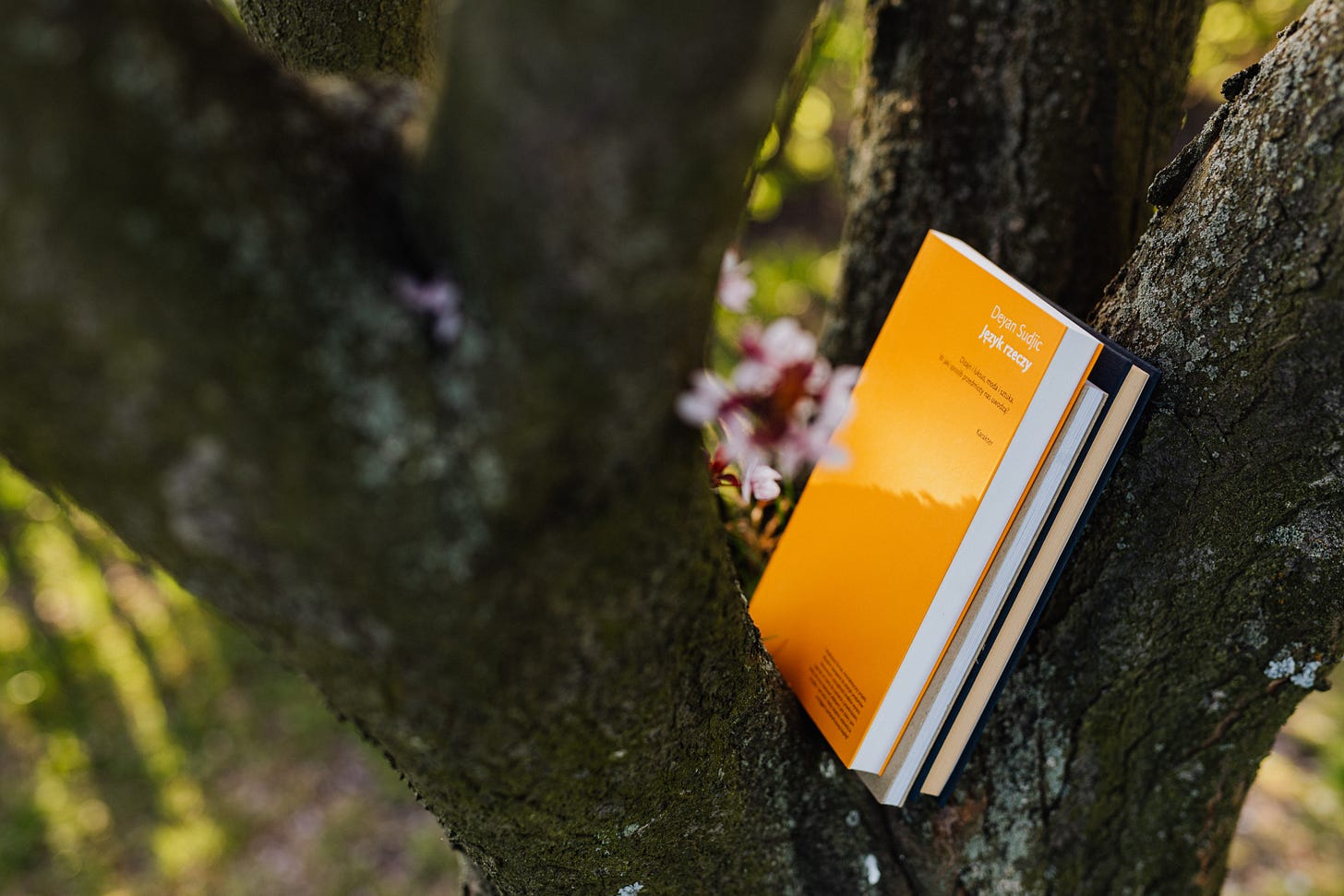
Welcome to Friday Notes!
This is a new Friday edition of the Following in the World Newsletter. As those who have been subscribed for a while will know, I have been writing one newsletter a week which includes a longer reflection, book recommendations, calls to action, and pictures taken by myself and others within the Earth community.
I have decided, instead, to offer two newsletters a week: on Tuesdays, I will continue to publish theological or scriptural reflections on faith and the climate crisis. These will continue as long form essays. On Fridays, like today, I will be offering “Friday Notes,” which is where you’ll find a mix of things that I have collected over the week: brief reflections on something I’m thinking about; meaningful quotes, poems, and prayers; books to read; calls to action; “Friday Five” curated lists of 5 things (see below!); notices about upcoming climate actions; the Earth community in pictures; and more.
Announcing a Paid Option Available in May
Beginning in May, I will be offering subscribers the chance to choose between a free or a paid subscription to Following in the World.
Free subscribers will receive:
These Friday Notes; and
Occasional unlocked Tuesday essays (see below).
Paid subscribers will receive:
Friday Notes;
The Tuesday newsletter, which will continue to be an essay reflecting on faith and the climate emergency;
Occasional podcast recordings of sermons I have preached;
Ability to post comments; and
Access to the full archive of posts.
The payment options will be as follows:
Monthly, at $8 (CAD) per month.
Yearly, at $80 (CAD) per year. This is a savings of 17%.
Nourishing Member, suggested amount of $160 per year (can be any amount above $80). In addition to the above offerings, Nourishing Members will receive a card of thanks in the mail from me!
I will be offering a free 2-week trial to all paid subscribers, to help them take some time to see if a paid subscription is right for them. And, if someone cannot afford to pay right now, they will be welcome to email me and receive a one-year paid subscription for free.
Whatever is right for you, I thank you very much for your continuing support! I include this community in my prayers on a regular basis.
Now, on to Friday Notes!
Something I’m Thinking About
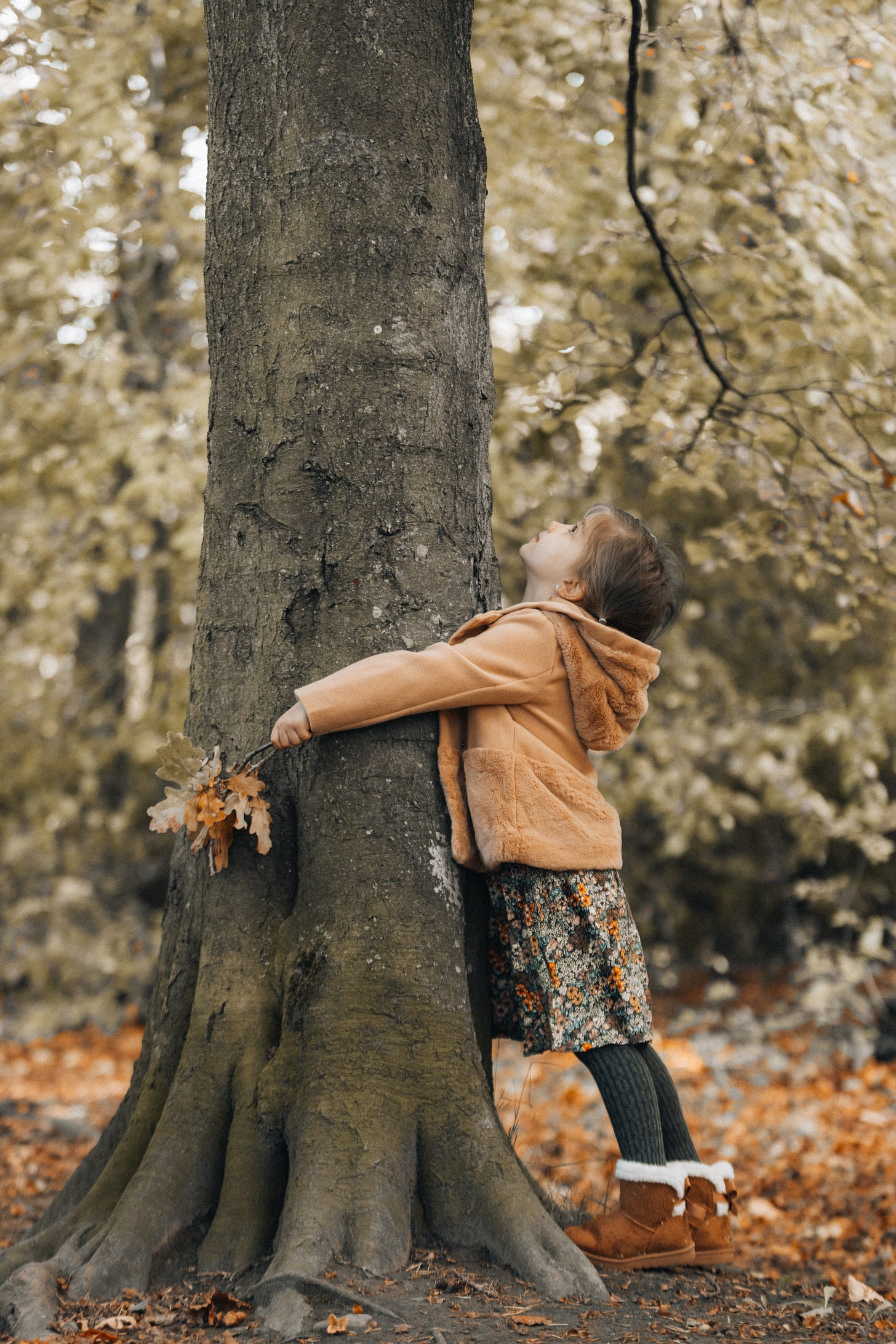
In my work, I often refer to the need for a conversion, a radical reorientation of a person of faith, away from the dominant worldview that sees ourselves as separate from the rest of the natural world, and toward a new relationship with the wider Earth community of which we are part. In Christian language, this is often referred to as metanoia. Metanoia refers to a transformation within the heart that affects how we live in the world. I love this idea; it speaks to me personally, as a Christian and as an ecotheologian.
Yet, in a recent article, the idea of conversion as a helpful term for understanding the need to change our relationship with the natural world is challenged. In an interview with African-American ecotheologian Jawanza Eric Clark, he points out that the language of conversion is highly problematic, given, he says, “the church’s legacy of forced conversion. Particularly among African Americans, there’s a whole history of being made to convert in order to be accepted as a human being.”[1]
This struck me deeply. I am a white settler Canadian, living on unceded and unsurrendered Algonquin First Nations territory in Ottawa, Ontario. Here in Canada, the history of the residential schools, the stripping away of Indigenous languages, spiritual practices, and identity, including through conversion to Christianity, has led to a legacy of pain, broken treaties and broken trust, and generational harm.
Clark also points out that there are many Indigenous cultures around the world, including the African Indigenous ones that he draws upon in his work, that don’t need to convert to a relationship of belonging within the natural world; they never always had that experience of relationship, and have never lost it.
I am left, then, with a few questions that I need to ponder: what do I do with the meaning and love that I have for this notion of conversion, of metanoia? Or, is conversion, as it has been practiced with respect to African and Indigenous communities, different from metanoia¸ which is a profoundly interior transformative experience that can never be imposed on another? Can we have metanoia, and get rid of ‘conversion’ language? How do I grapple with the way that conversion language affects so many in my country, in the communities around me? It is clear that I need to work through these questions, with the help of Black and Indigenous theologians.
Books for Transformation
Reclaiming Stolen Earth: An Africana Ecotheology by Jawanza Eric Clark (Maryknoll, NY: Orbis Books, 2022)
This is the book that Jawanza Eric Clark’s interview is based upon. In it, he uses the land as a symbol for examining the intersections of white supremacy, classism, gender issues, and the ecological crisis. He argues for a move away from the temporal or historical orientation of traditional Christianity, toward one that is more spatially rooted, as it is in African Indigenous traditions. From those same traditions, he invites readers to consider a new theological symbol of the ancestors as present with us and in the natural world. This book offers an exciting, transformative ecotheology in our time.
How To Be a Climate Optimist: Blueprints for a Better World by Chris Turner (Toronto: Random House Canada, 2022)
Another new book! I just picked this one up the other day. I am curious to find out how he defines ‘optimism,’ which I always contrast with hope. (I am not optimistic about the climate emergency, but I am hopeful, as a person of faith). Drawing on 20 years of environmental journalism, Turner outlines what has been done that is working around the work, and puts his focus on what we can achieve here on out. He emphasizes the political action, policy changes, and industrial innovations that can move us from climate despair in the status quo toward the optimism that we can, actually, reduce fossil fuel emissions and work toward Earth healing.
Friday Five
Here is this week’s curated list of 5 things:
Five Ways that Religious Communities are Taking Climate Action:
1. Wild Church – founded by Victoria Loorz in the US, but now across North America and in Europe. Wild Church is a form of worship, rooted in the Christian tradition, solely out of doors, seeking to experience the sacred in the natural world.
2. Building more sustainable sanctuaries – with the help of Interfaith Power and Light, congregations across the US are making their buildings more energy-efficient.
3. Here in Canada, Greening Sacred Spaces is doing the same thing.
4. A Rocha is an international Christian organization with branches in many countries including Canada; they offer environmental education to children and adults that is rooted in respect and care for the natural world.
Around the world, Sikhs have been planting 1 million trees in a large effort to reverse ecological degradation. Trees have been planted so far in India, Australia, Kenya, the US, and the UK. This is part of an intentional plan, too, to help people reconnect with the Earth community, as part of the roots of the religious tradition.
I hope that you enjoyed this first edition of Friday Notes. I look forward to sharing with you again on Tuesday!
[1] “Look Beyond white Christianity for Good Ecotheology,” U.S. Catholic, April 2023 (Volume 88, No. 4): 26-29. https://uscatholic.org/articles/202304/look-beyond-white-christianity-for-good-ecotheology/. Accessed April 10, 2023.





